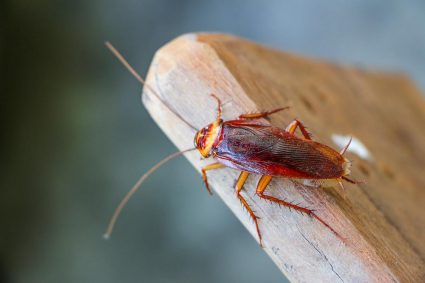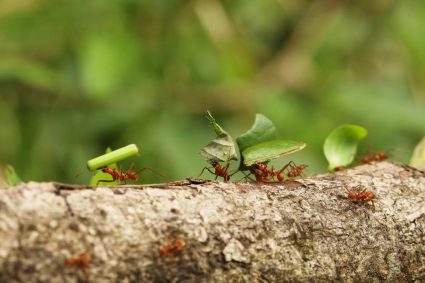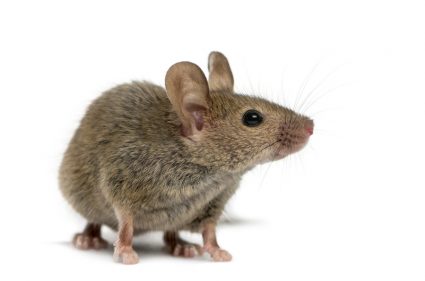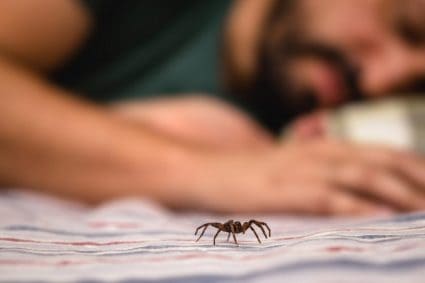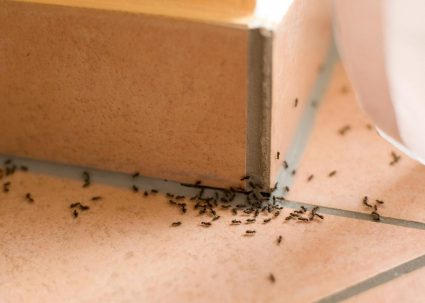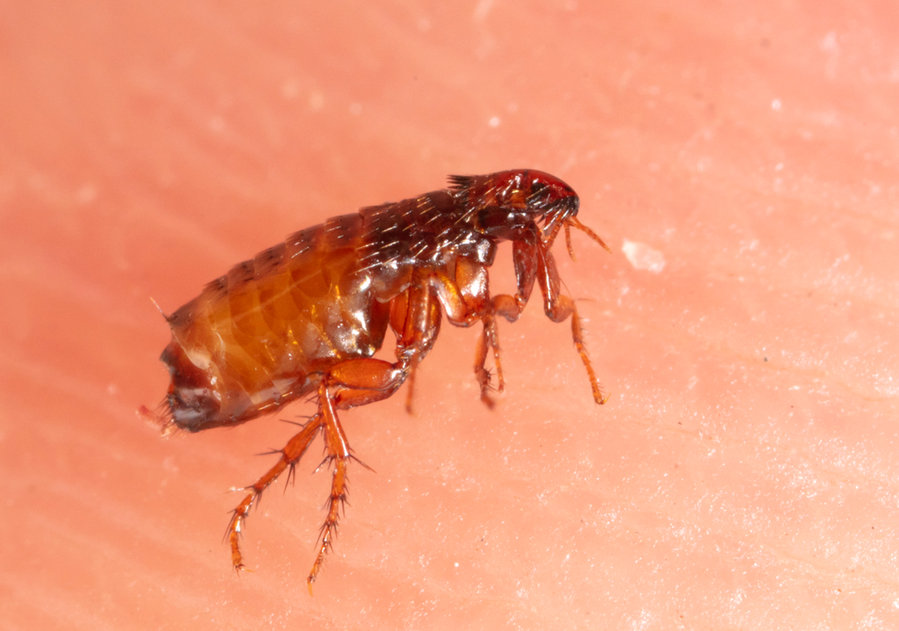
Fleas are everywhere. In every home, there are possibly plenty of them.
They prefer dark, warm, and humid conditions, so the atmosphere inside furniture and carpets is ideal for them to flourish.
Their presence everywhere raises the question: Can fleas survive in a vacuum cleaner?
If you are a pet owner, you know that even one flea is too many. Fleas are not only after your pets, either.
Although they prefer animal hosts, these pesky parasites also resort to biting people. Remember to inspect your clothes and body after interacting with your pets for these unwelcome guests.
When the weather warms up, fleas are more active, and it’s hard to control them. Setting aside time for thorough vacuuming is the best strategy to rid your house of fleas. A vacuum cleaner handles these multiple tasks at once.
- It removes dirt that attracts fleas.
- Its powerful suction draws in fleas eggs from your carpet, furniture, corners, floor gaps, and from your pet’s bedding and cage.
- And finally, vacuuming is also very good at eliminating adult fleas.
Vacuuming is an effective, safe, and quick technique to remove fleas in your home.
A vacuum is your greatest asset for controlling fleas.
Are fleas strong enough to survive vacuuming until they find other favorable settings? That’s what we are looking into in this article.
Can Fleas Live in a Vacuum Cleaner?
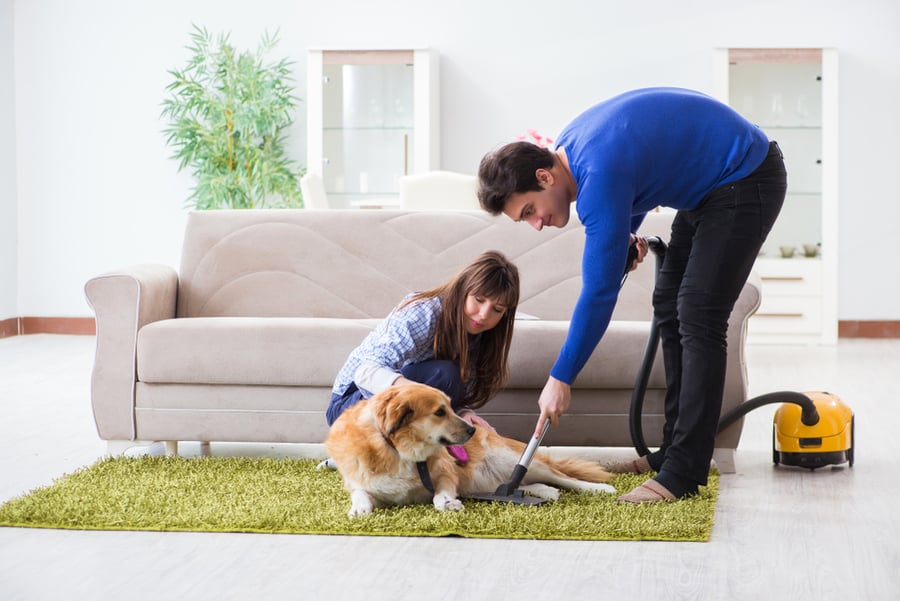
Understanding how fleas reproduce and what they need to survive will help us know how long they can remain around a vacuum cleaner.
How Do Fleas Reproduce?
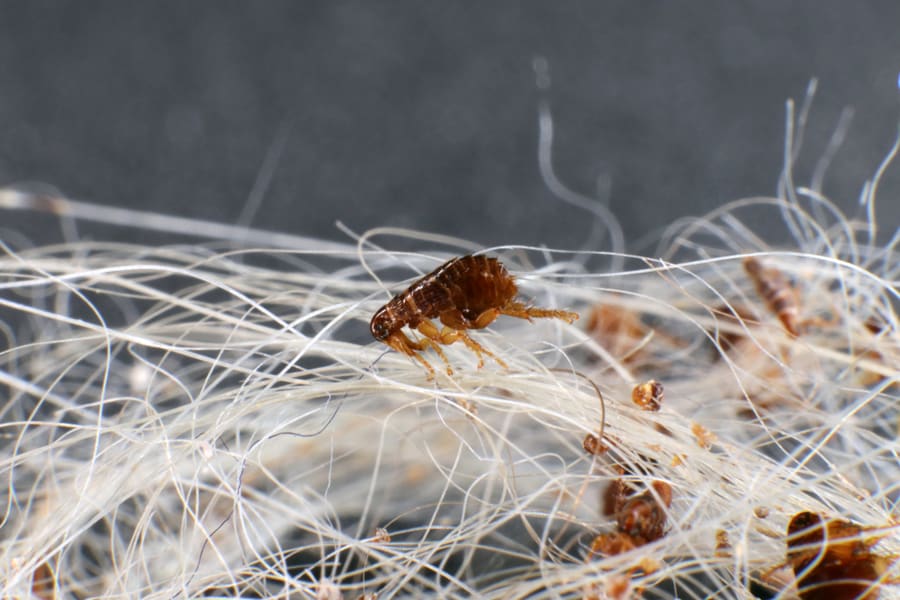
Fleas have a quick reproductive cycle, and a flea infestation means living with a sizable flea family.
A whole flea population begins as soon as one flea eats one blood meal. A flea will lay her eggs 24 hours after her first meal, laying between 40 and 50 of them.
These eggs could contain close to 50% females. These females reproduce and lay their eggs after they mature. The length of a flea’s life depends on how long it takes for it to develop.
Before it matures, a flea goes through the following four stages of growth:
- Eggs: Although some flea eggs hatch within a day, the breeding season can continue for up to 10 days.
- Larvae: The eggs live in adult fleas’ waste and hatch between 5 and 20 days.
- Pupae: After spinning a cocoon, the larvae change into pupae, a stage that lasts only a few days in a warm environment.
- Adult: After emerging from its cocoon, a mature flea looks for a host. Fleas cling to their hosts and feed on their blood to stay alive. A female adult flea will mate during the first 24 hours of attachment and begin multiplying.
What Do Fleas Need To Survive?
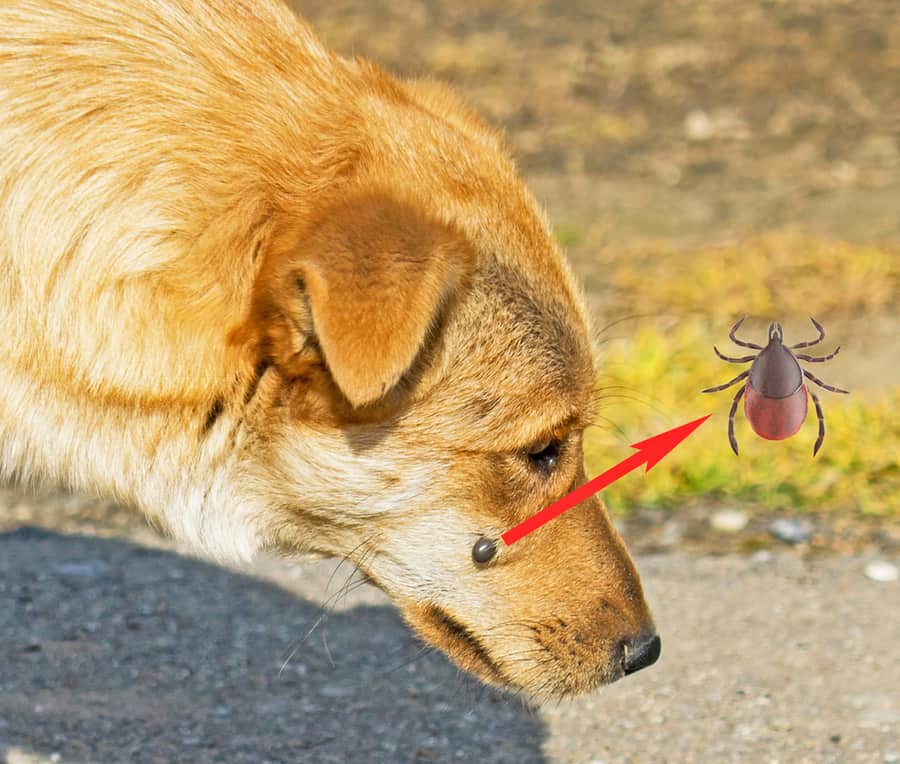
Fleas are tough insects that can withstand even harsh environments. However, they require the following to survive:
Conducive Environment: A flea’s life cycle depends on the correct temperatures and humidity. Fleas can only endure temperatures between 32°C to 70°C and cannot survive humidity levels over 50%. Changing the environment in which fleas live breaks their life cycle.
Host: Fleas are parasitic, meaning they need a steady blood supply to survive. Since adult fleas become dependent on their host’s blood, lack of food likely means bad news for a flea.
In contrast, however, fleas in their early stages do not require a host’s blood. A flea’s egg and larvae have a substantially longer lifespan, and they prefer dark, dry spaces and will feed on waste found on carpets, floors, and other surfaces around the house.
Air: Fleas require oxygen, without which they suffocate within 1 to 5 days.
How Long Can Fleas Survive in a Vacuum?
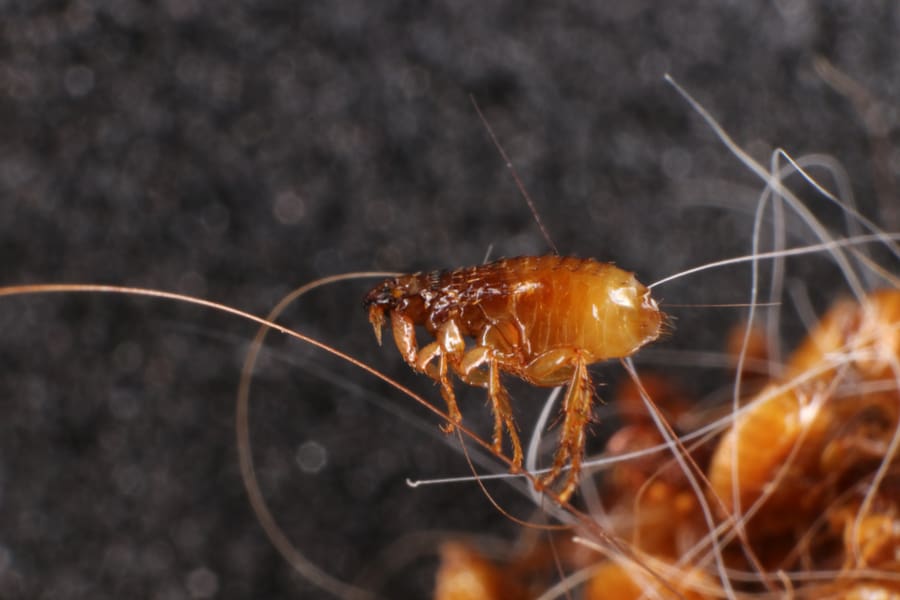
When dealing with fleas, vacuuming is the best approach to eliminate and rid your house of them.
According to studies, vacuum cleaners may successfully kill 100% of flea eggs and 96% of adult fleas. The study also proposed that vacuuming harmed the flea’s waxy outer layer, which keeps them hydrated.
To successfully eliminate fleas, and get the situation under control, make the proper preparations:
Setting your vacuum cleaner to the highest and the brush to its strongest will help attack and eliminate fleas. After around 5 minutes, fleas cluster at the vacuum’s nozzle and are eventually sucked in.
There’s little to no room for fleas to survive because of the rapid airflow and the roller brushes and fans inside a vacuum. This rigorous process eliminates eggs; most adult fleas pass away before reaching the dirt bin.
The few that make it through the vacuuming process are typically in terrible shape. There’s no chance for them to survive, and you don’t need to be concerned about the bugs crawling back.
After vacuuming, it’s crucial to empty the dirt appropriately.
Get the Situation Under Control
Fleas reproduce rapidly under favorable conditions like warmth and humidity. They lay eggs on their host, and because of the egg’s smoothness, they easily slip off the host into the environment.
The eggs bury themselves deep and hatch in corners, crevices, and carpet strands.
A vacuum is your best weapon in the fight against fleas.
Deep vacuuming every day for 14 to 30 days is critical to eliminate adult fleas and remove unhatched eggs.
The chances of fleas living in a vacuum cleaner are zero because of a vacuum’s robust functionality.
Frequently Asked Questions
How Do I Discharge Dirt After Vacuuming?
After vacuuming your entire house, place the vacuum bag inside a sealed plastic bag and dispose of it outside in a closed trash can.
Empty the contents of a bagless vacuum cleaner into a sealed plastic bag before rinsing the canister with hot soapy water or a little bleach.
With bagless vacuum cleaners, you can typically see the area that collects dirt. Shine a light around to ensure you leave everything spotless.
How Long Should I Vacuum Clean To Eliminate Fleas?
Vacuuming once is unlikely to solve your flea infestation problem.
Fleas go through various life stages, so to achieve the desired results, you’ll probably need to vacuum thoroughly every day for at least 30 days.

